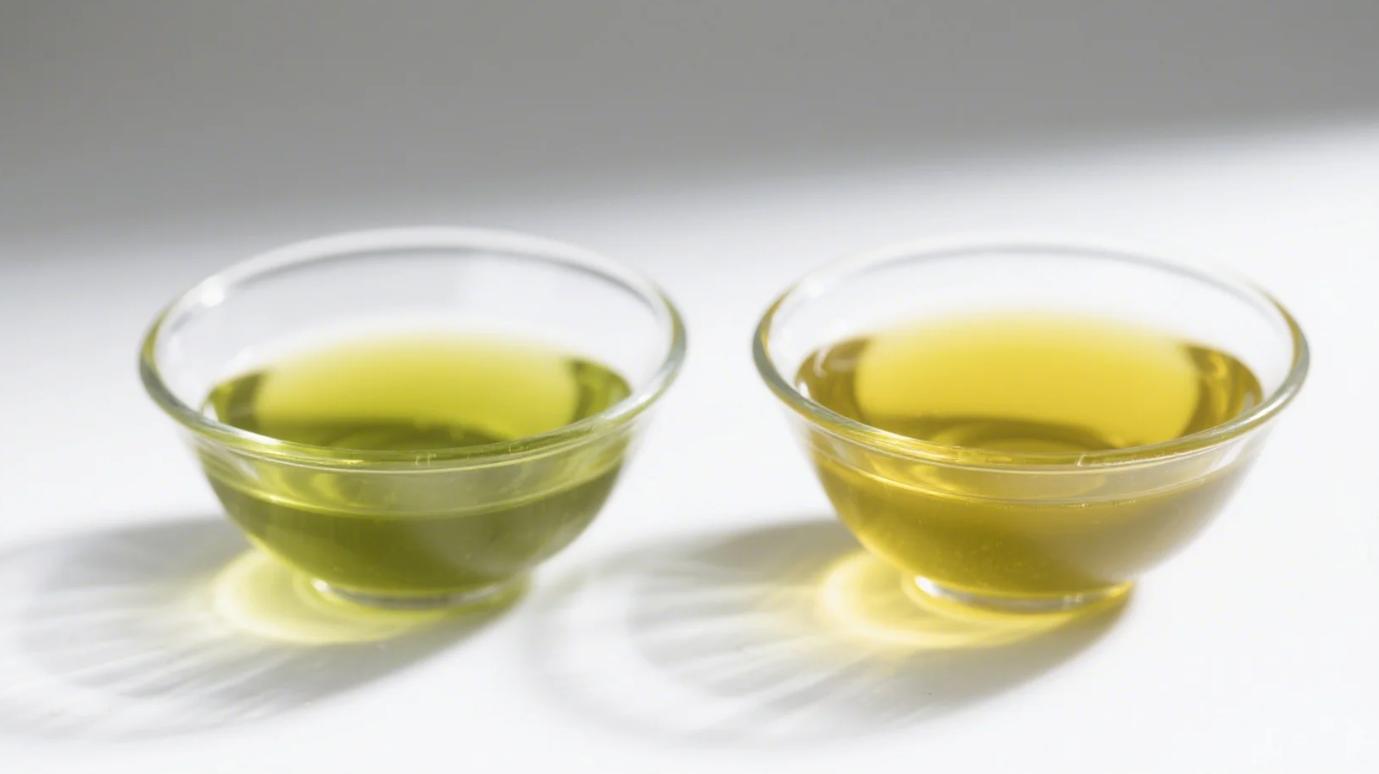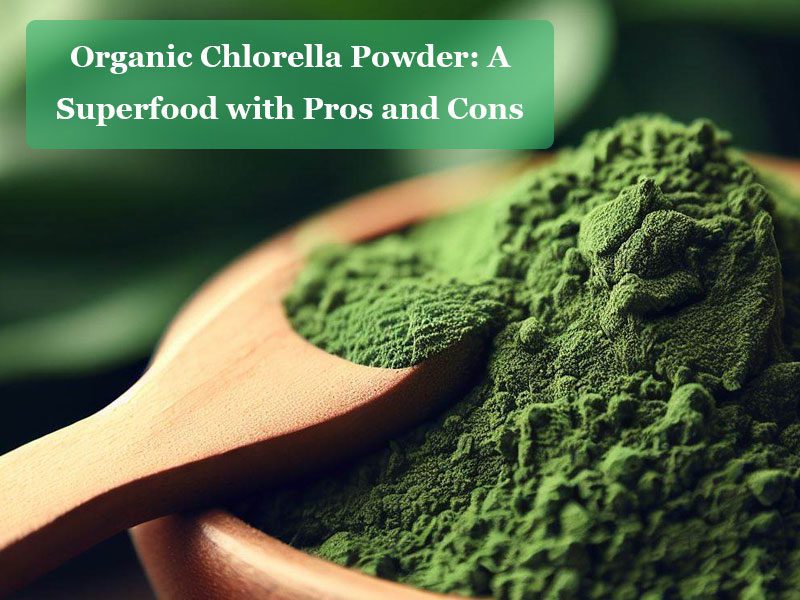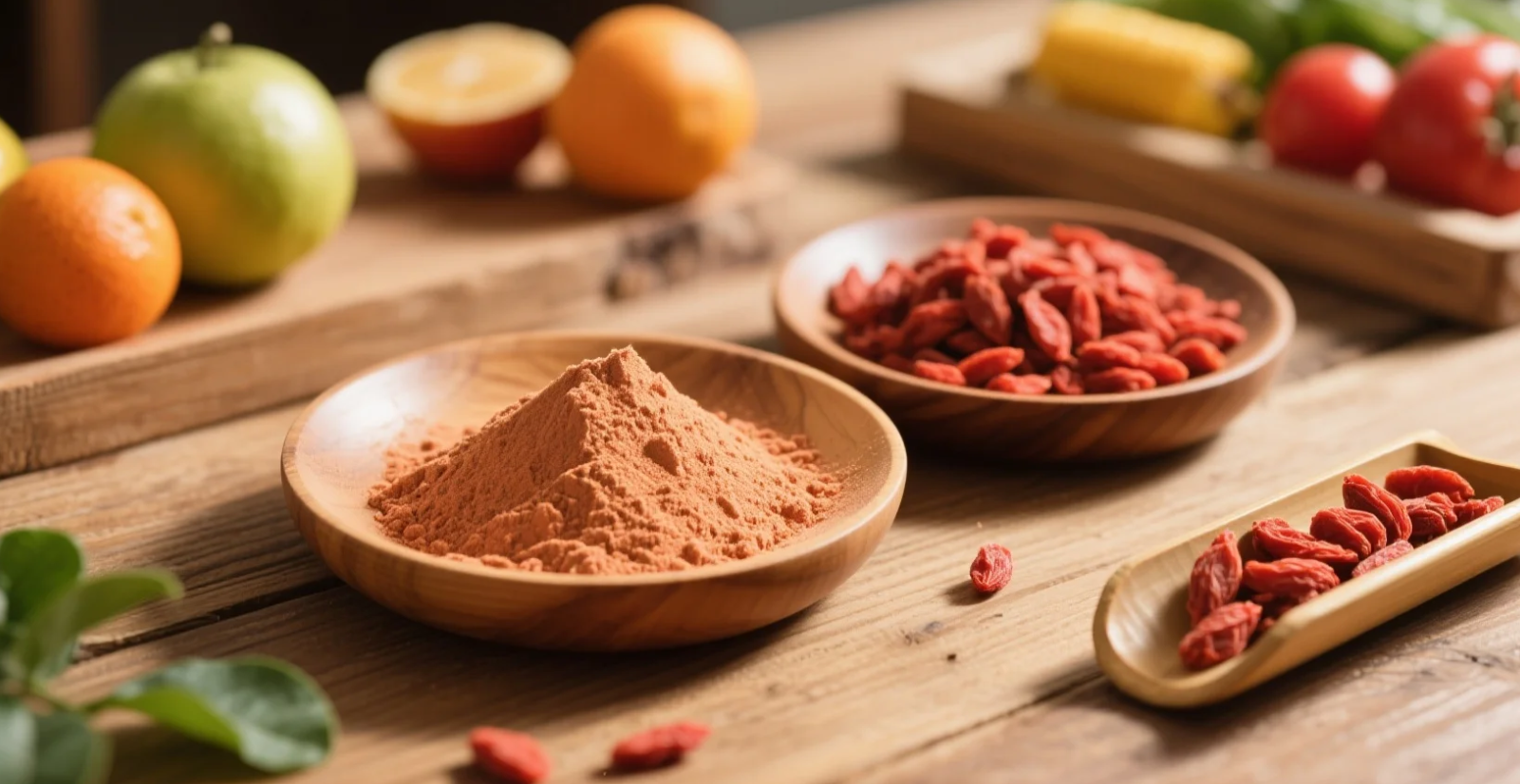Table of Contents
In the booming world of natural wellness and conscious nutrition, organic hemp seed oil (often simply called hemp oil or hempseed oil) stands out as a true superfood. Derived from the seeds of the Cannabis sativa plant, this golden-green oil is a powerhouse of essential fatty acids, vitamins, and minerals, without the psychoactive properties of its cannabis cousin (it contains little to no THC). It’s a versatile ingredient cherished for its profound benefits for skin, heart, and overall vitality. But with various options available, how do you ensure you’re picking a high-quality product that truly delivers on its promise of purity and potency?
Let’s dive into what truly matters when selecting your ideal organic hemp seed oil for a superior experience.
Why Choose Organic Hemp Seed Oil? The Balanced Powerhouse
Before we get to the buying tips, let’s quickly recap why organic hemp seed oil is such a remarkable addition to your daily routine:
- Optimal Omega Fatty Acid Ratio: Hemp seed oil boasts an ideal 3:1 ratio of Omega-6 to Omega-3 essential fatty acids (Linoleic Acid – LA, and Alpha-Linolenic Acid – ALA, respectively). This balanced ratio is crucial for overall health, supporting cardiovascular function, reducing inflammation, and promoting healthy brain function. It also contains Gamma-Linolenic Acid (GLA), another beneficial Omega-6.
- Rich in Nutrients: Beyond fatty acids, hemp seed oil contains Vitamin E (a potent antioxidant), carotene (a precursor to Vitamin A), phytosterols, phospholipids, and a range of minerals like calcium, iron, magnesium, and B vitamins.
- Skin & Hair Health: Its unique fatty acid profile makes it an excellent emollient and moisturizer, helping to improve skin conditions like eczema, psoriasis, and acne. When applied topically or ingested, it can contribute to healthy, hydrated skin, stronger nails, and shiny, nourished hair.
- Anti-Inflammatory Properties: The Omega-3s and GLA in hemp seed oil are known for their potential to reduce inflammation in the body, which is linked to various chronic diseases.
- Heart Health Support: The balanced essential fatty acids and compounds like arginine can help support healthy blood pressure and cholesterol levels, contributing to cardiovascular wellness.
- Clean Label: Choosing organic ensures your hemp seed oil is processed from hemp plants grown without synthetic pesticides, herbicides, or genetically modified organisms (GMOs).
Your Smart Shopping Checklist: What to Look For
When you’re ready to add organic hemp seed oil to your kitchen or beauty regimen, keep these critical factors in mind:
- Always Verify “Organic” Certification:
- Why it Matters: This is your strongest guarantee of purity and quality. It confirms the hemp was grown organically and processed according to strict organic standards.
- Look For: Clearly displayed organic certification logos (like USDA Organic, EU Organic, or JAS if applicable) prominently on the packaging.
- Look for “Cold-Pressed” or “Expeller-Pressed”:
- Why it Matters: This indicates that the oil was extracted mechanically without the use of high heat or chemical solvents. High heat can degrade the delicate essential fatty acids and reduce the oil’s nutritional value and flavor.
- Look For: Labels explicitly stating “cold-pressed,” “unrefined cold-pressed,” or “expeller-pressed.” This ensures the oil retains its full nutritional integrity.
- Examine the Color and Aroma:
- Why it Matters: These are key indicators of freshness, quality, and whether it’s unrefined.
- Look For: Unrefined organic hemp seed oil should have a vibrant, dark green color (due to chlorophyll). Refined versions are typically clear and colorless with little flavor, but the unrefined version is preferred for its full nutrient profile. It should have a mild, nutty, slightly grassy aroma. Avoid oils that look pale yellow (unless specified as refined), cloudy, or have a rancid, fishy, or “off” smell, which indicates oxidation.
- Check the Packaging:
- Why it Matters: Hemp seed oil is highly sensitive to light and oxygen, which can cause it to go rancid quickly. Proper packaging is essential for preserving its quality.
- Look For: Oils sold in dark glass bottles (preferably amber or dark green) or opaque, airtight containers. Avoid clear plastic bottles, as they offer little protection from light.
- Review Storage Instructions and Expiration Date:
- Why it Matters: Due to its delicate nature, hemp seed oil requires specific storage to maintain freshness.
- Look For: Clear instructions to refrigerate the oil after opening. Many high-quality hemp seed oils are even stored in refrigerated sections at the store. Always check the expiration or “best by” date and choose the freshest available.
By applying these practical tips, you’ll be well-equipped to select a premium organic hemp seed oil that not only meets your dietary and topical needs but also supports your commitment to natural wellness, purity, and sustainable choices.
Related Products
Organic Hemp Seed Oil
A sustainably sourced, nutrient-dense oil celebrated for its exceptional omega fatty acid…


